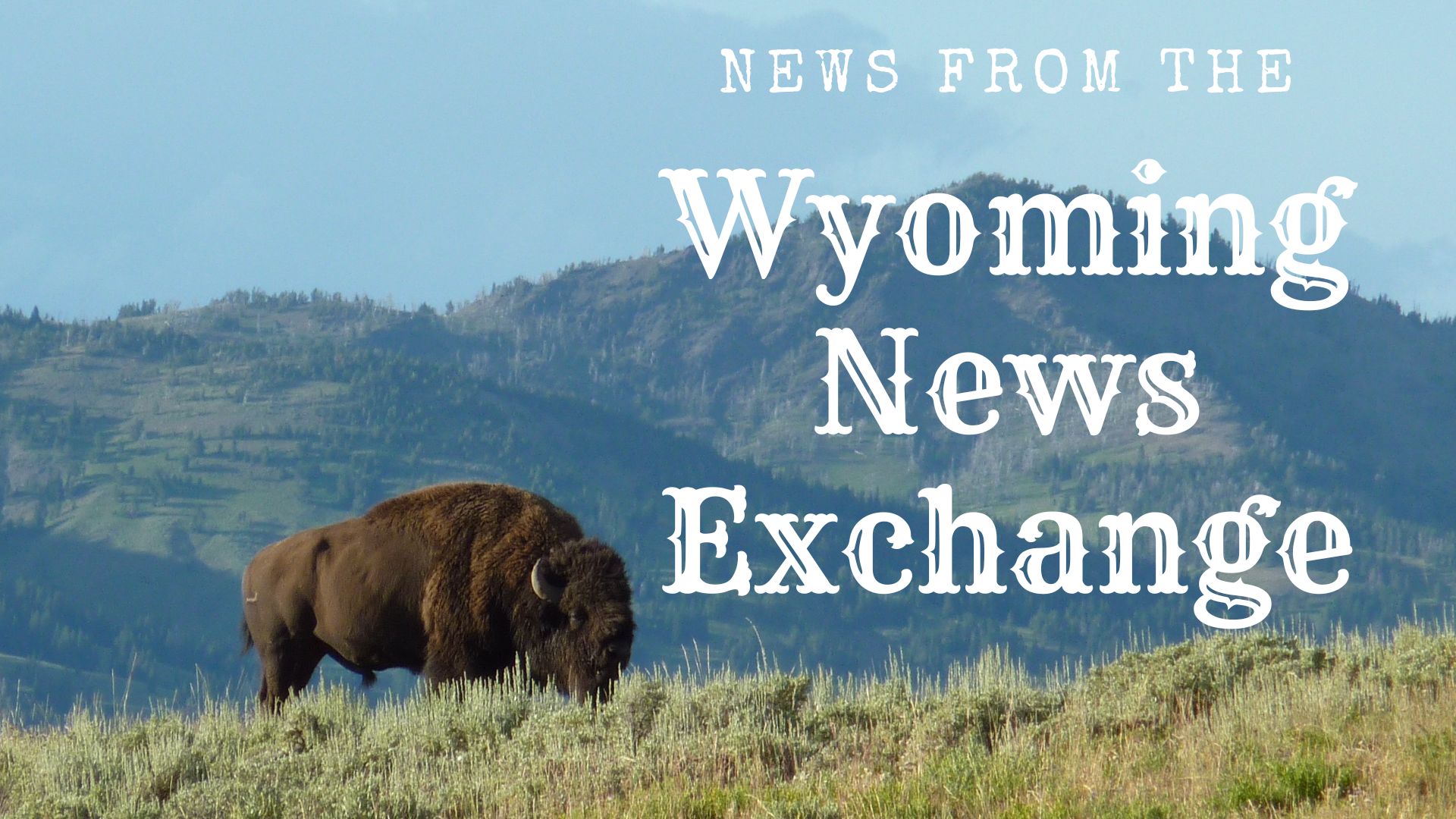BLM rule change threatens small oil and gas operators

GILLETTE — When Clark Kissack decided a year and a half ago to get into the oil business, he had a choice to make.
He could either pay $10,000 for a bond on an oil lease, which would cover one oil well, or $25,000 for a statewide “blanket bond” that would be good for seven oil wells. He decided to go with the latter because it seemed like the better deal, especially since he was thinking about having several wells.
“It's like having a poker hand, you look at that hand and think, ‘Is it worth it? Should I jeopardize my future and old age to own these wells?’” Kissack said. “At the time, yeah, we thought it was a good idea.”
Now, a rule change from the federal government that will take effect in less than a month threatens to push Kissack and other small oil and gas operators out of the industry.
In 2019, the Government Accountability Office recommended the Bureau of Land Management address the risks from insufficient bonding, which were determined too low to cover the costs of reclaiming orphaned wells.
The BLM has put forth a rule change to increase the bond amounts that will take effect June 22. These bonds are guarantees that are meant to cover the cost of reclamation, and to prevent people from just abandoning their wells whenever they feel like it.
The BLM published the proposed rule change in July 2023 and opened it up for a 60-day comment period, where it received more than 215,000 comments, but out of those, there were about 1,200 unique comments.
The minimum lease bond amount will go from $10,000 to $150,000, and the minimum statewide bond amount will increase from $25,000 to $500,000. The former has stayed the same since 1960, while the latter has been unchanged since 1951.
The BLM wrote that the increase will account for both inflation and the cost of “potential liabilities on the ground,” because the current bond amounts “do not adequately protect the fiscal interests of the American public.”
Kissack, who owns six wells, said it’s difficult enough being at the mercy of the market.
“When you’re in the oil industry you’ve got that gambling mentality,” he said. “You’re always thinking next year’s going to be better, next month’s going to be better.”
What frustrates him is when the federal government changes the rules on the industry.
The BLM has found on average that it costs $71,000 to plug a well and reclaim the surface. Kissack said he’d be fine if the bond amount was raised from $10,000 to $71,000.
“I can understand that, I can digest that. Times change, these rules have been in place since 1960,” he said. “I would be OK with $71,000. But $150,000 per well is out of line, it’s too much of a jump at one time. It’s not feasible.”
Kissack was at the commissioners meeting this week to voice his concerns with the rule change. Commission Chair Del Shelstad said he believes it will only make things worse.
“(The BLM is) trying to get away from dealing with orphaned wells, yet you’re forcing a small guy to orphan his wells,” he said.
Lee Wandler with Red Tiger Oil and Gas said the increase is too much at once, and that “there will be a lot of smaller guys that will walk away.”
The commissioners have no course of action other than asking Gov. Mark Gordon to sue the federal government.
Wyoming is part of more than 50 lawsuits this year alone, mostly to do with the energy industry and federal regulations. Rep. Chris Knapp, R-Gillette, said he’s “tired of seeing other states lead the way” in these energy lawsuits.
“Tell Gov. Gordon, if he doesn’t take the dog to the fight, we’re willing to bring the fight to the dog,” said Kissack’s wife, Vicki Kissack.
Knapp said state lawmakers are working to create a voluntary bonding pool, where operators can choose to pay into a program that will help them pay those bonds.
“We do know the cost of plugging, and it depends on the well and circumstances, but the state is better adept to covering those costs,” he said.
Vicki Kissack agreed.
“We have funds and wealth to be able to do that, and we can tell the federal government to pound sand on the rule,” she said.
A change in presidential administration is not going to make all this go away, she added.
“Trump is not our savior,” she said. “We continue to hear, if we can get the next president elected.’”
Trump can slow things down for four years, Vicki said, but actual change needs to come from the grassroots level.
She has planned a public meeting at 2 p.m. June 2 in the Rockpile Community Center, located at 121 South 4J Road, where people can learn more about the rule change.
“If our community understood that their livelihoods will be gone, I think they would be more involved,” she said.
Clark Kissack said he understands that things may have to change, given inflation and market demand.
“But we don’t have to sit back and let (the BLM) throw a $500,000 bond out there and see if it will hit the wall and stick,” he said. “We’ve got to fight back.”
This story was published on May 24, 2024.






